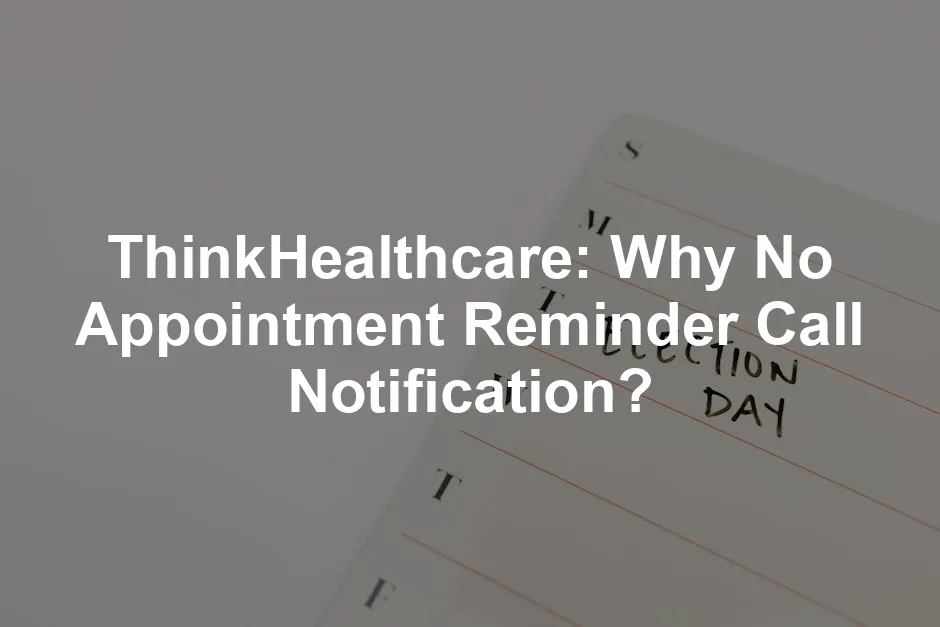
ThinkHealthcare: Why No Appointment Reminder Call Notification?
Introduction
Appointment reminder notifications play a vital role in healthcare. They help patients remember their appointments, reducing no-shows and enhancing care continuity. ThinkHealthcare prioritizes effective patient communication, but some patients may not receive appointment reminder calls. This article will explore the reasons behind this gap.
If you’re looking to improve your reminder systems, check out the Appointment Reminder Phone Call Script Book. It provides invaluable insights into crafting effective reminder calls that resonate with patients!
Summary and Overview
Appointment reminders significantly reduce no-show rates and boost patient engagement. ThinkHealthcare provides various communication services designed to enhance patient interactions. However, some patients do not receive appointment reminder calls. This might lead to missed appointments, affecting both patient care and healthcare providers.
By examining the causes of this issue, we can understand its implications and explore potential solutions that improve communication methods. Understanding these dynamics will help healthcare practices better serve their patients and enhance appointment management.
For those in healthcare, a reliable Text Message Reminder System for Healthcare Providers can be a game-changer. It helps ensure that patients receive timely notifications without the hassle of phone calls!
Understanding Appointment Reminder Systems
What Are Appointment Reminders?
Appointment reminders are notifications sent to patients about their upcoming appointments. Their main purpose is to reduce missed visits and improve patient engagement. They can take various forms, including phone calls, text messages, and emails.
Studies show that reminders can significantly reduce no-show rates by up to 30%. This increase in attendance helps healthcare providers manage their schedules more effectively. By utilizing appointment notifications, practices enhance communication with patients and ensure they are informed about their healthcare needs. Ultimately, effective reminder systems foster better patient relationships and promote timely care.
If you’re looking to delve deeper into strategies, the Multi-Channel Communication Strategies Book is a must-read. It offers insights on how to effectively engage patients through various channels.
Importance of Appointment Reminder Calls
Phone reminder calls offer distinct advantages over other notification methods. One key benefit is the personal touch they provide. Receiving a call from a familiar voice helps patients feel valued and connected.
Research indicates that phone reminders can reduce no-shows by as much as 20%. This improvement leads to better patient satisfaction and engagement. When patients feel cared for, they are more likely to attend their appointments and follow through with necessary treatments. In a world where healthcare options abound, personal communication can set practices apart and enhance overall patient care.
For healthcare professionals looking to enhance communication, a HIPAA Compliance Guide for Healthcare Providers is essential. It ensures that all communications are secure and compliant with regulations.
ThinkHealthcare’s Approach to Notifications
Overview of ThinkHealthcare’s Services
ThinkHealthcare is revolutionizing patient communication with innovative services. Their platform utilizes cloud telephony to enhance practice efficiency and patient access. This technology integrates seamlessly with clinical systems, allowing for streamlined communication. Studies indicate that practices using ThinkHealthcare have improved operational efficiency by up to 30%. This boost in service efficiency means reduced wait times for patients and better management of healthcare demands. By prioritizing technology, ThinkHealthcare ensures that healthcare providers can focus more on patient care and less on administrative tasks.
To further enhance communication, consider investing in Cloud Telephony Devices. These devices ensure seamless communication between staff and patients, reducing missed connections.
Why No Appointment Reminder Call Notifications?
Technological Limitations
Several technological barriers may prevent appointment reminder calls from being sent. One significant issue lies in system compatibility. Many healthcare providers use outdated software that struggles with new telephony systems. Integration challenges can result in system downtimes or failures, making it difficult to send timely reminders. In fact, statistics show that up to 20% of healthcare systems experience software limitations that hinder communication efforts. These telephony issues can lead to missed appointments and reduced patient engagement, ultimately impacting care continuity.
Policy and Compliance Issues
Healthcare policies often dictate communication methods. One key regulation is HIPAA, which safeguards patient privacy. Under HIPAA, healthcare providers must ensure that any patient-related communication is secure. This includes appointment reminders.
Non-compliance with HIPAA can lead to hefty penalties. In fact, fines can reach up to $50,000 per violation. These penalties emphasize the need for strict adherence to healthcare regulations. Providers must balance effective communication with patient privacy. This creates challenges in using reminder calls, as they may expose sensitive information.
Thus, many practices opt for alternative notification methods, like texts or emails. These methods can often be more easily tailored to comply with privacy regulations while still keeping patients informed.
Patient Preferences
Patient feedback reveals varied preferences for appointment reminders. Recent surveys indicate that many patients prefer text messages over phone calls. In fact, about 70% of respondents stated they favor texts for appointment reminders.
Reasons for this preference include convenience and immediacy. Text messages allow for quick, discreet notifications that fit seamlessly into daily life. Additionally, patients appreciate the ability to respond easily or reschedule through text.
While some find phone calls more personal, the majority lean toward texts. This shift in communication channels highlights the importance of adapting to patient needs. Understanding these preferences can enhance engagement and reduce no-shows effectively.
Implications of Not Having Reminder Calls
Impact on Patient Attendance
The absence of appointment reminder calls can lead to increased no-shows. Studies suggest that practices relying solely on electronic notifications experience higher cancellation rates. Without these personal reminders, patients may forget appointments, disrupting their care. This impacts healthcare providers significantly. Missed appointments can lead to wasted resources and frustration for staff. Additionally, patient care suffers when individuals don’t attend crucial visits. A consistent reminder system can enhance patient attendance and, ultimately, health outcomes.
To keep your office organized, consider a Appointment Scheduling Whiteboard. It visually tracks appointments and ensures everyone is on the same page!
Effects on Practice Efficiency
Missed appointments create operational inefficiencies within healthcare practices. Healthcare providers allocate resources based on expected patient attendance. When patients don’t show up, these resources go underutilized. This inefficiency can lead to financial losses. In fact, practices report losing substantial revenue due to no-shows. Moreover, staff members may need to spend extra time rescheduling appointments, further straining their workload. Improving appointment management could alleviate these challenges and enhance overall practice efficiency.
For a more organized workspace, using a Desk Organizer for Healthcare Offices can help streamline documents and supplies, making it easier to manage your day!
Best Practices for Improving Appointment Notifications
Implementing Multi-Channel Reminder Systems
To improve appointment notifications, a multi-channel approach is essential. Using calls, texts, and emails can cater to diverse patient preferences. Each channel has its strengths, making a mixed strategy beneficial. For instance, texts can provide immediate access, while calls add a personal touch. Research indicates that practices employing varied reminder systems see a significant increase in patient engagement. By integrating multiple communication methods, healthcare providers can enhance reminder effectiveness and reduce no-shows, ultimately benefiting patient care.
For a more engaging atmosphere, consider adding Office Plants for Healthcare Settings. They not only beautify the space but also improve air quality, creating a healthier environment for both patients and staff!
The importance of appointment reminder calls in healthcare cannot be overstated. ThinkHealthcare addresses the reasons behind missed appointment notifications.
If you’re looking to enhance your practice’s communication, integrating a Patient Communication System Software can help streamline interactions and ensure that patients are always informed!
Please let us know what you think about our content by leaving a comment down below!
Thank you for reading till here 🙂
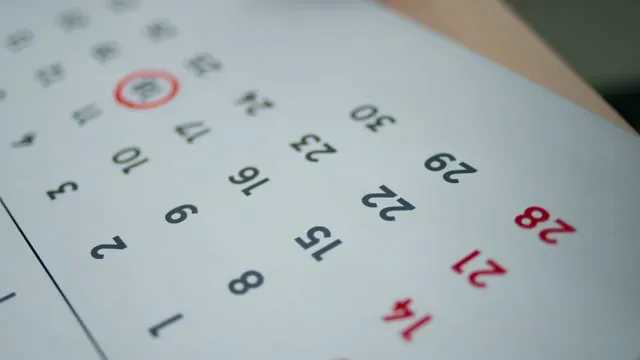
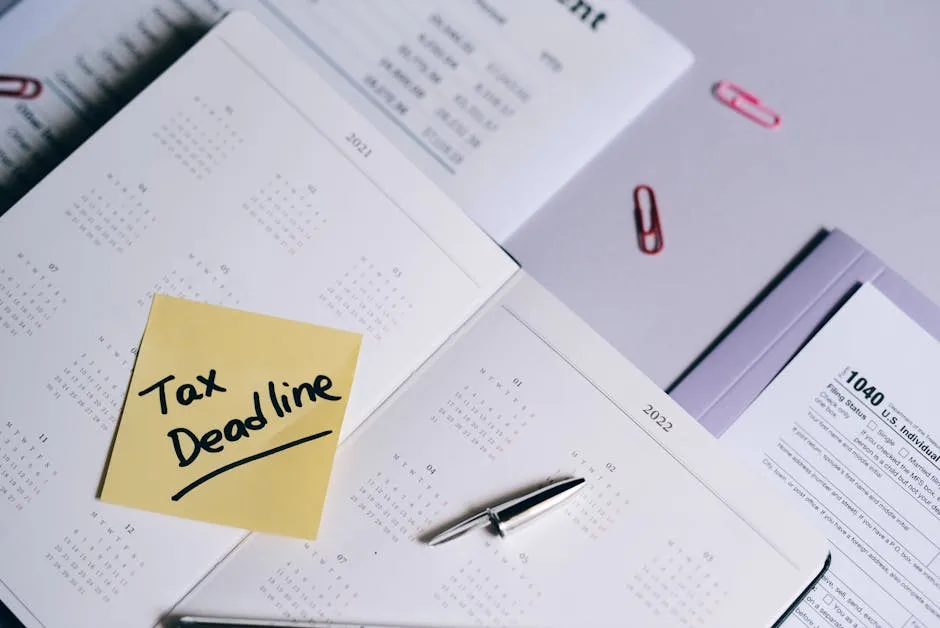

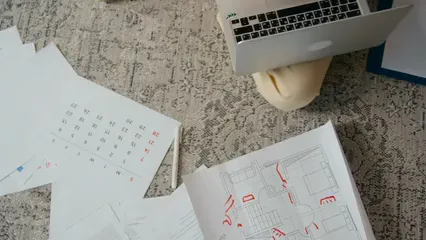


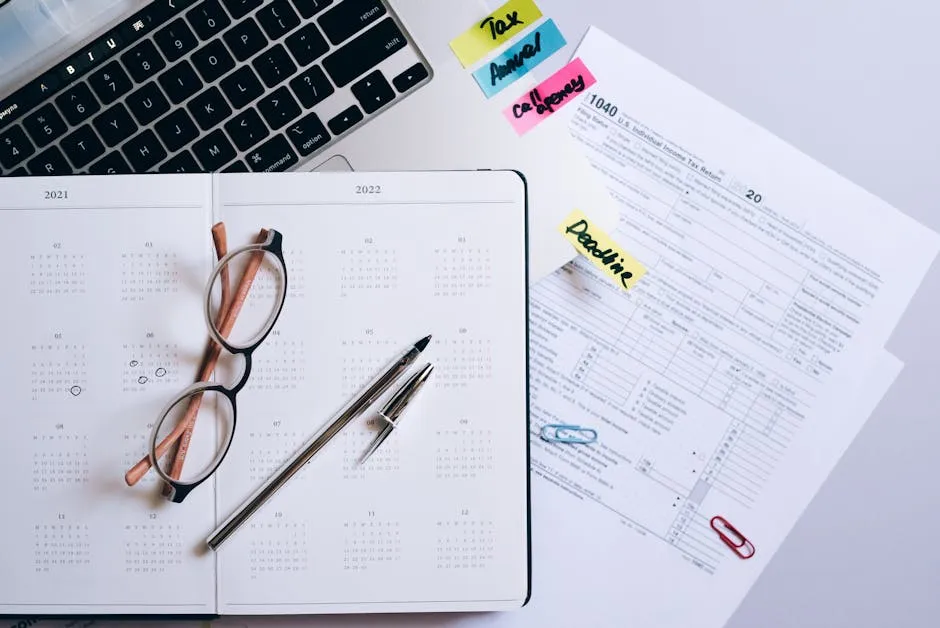
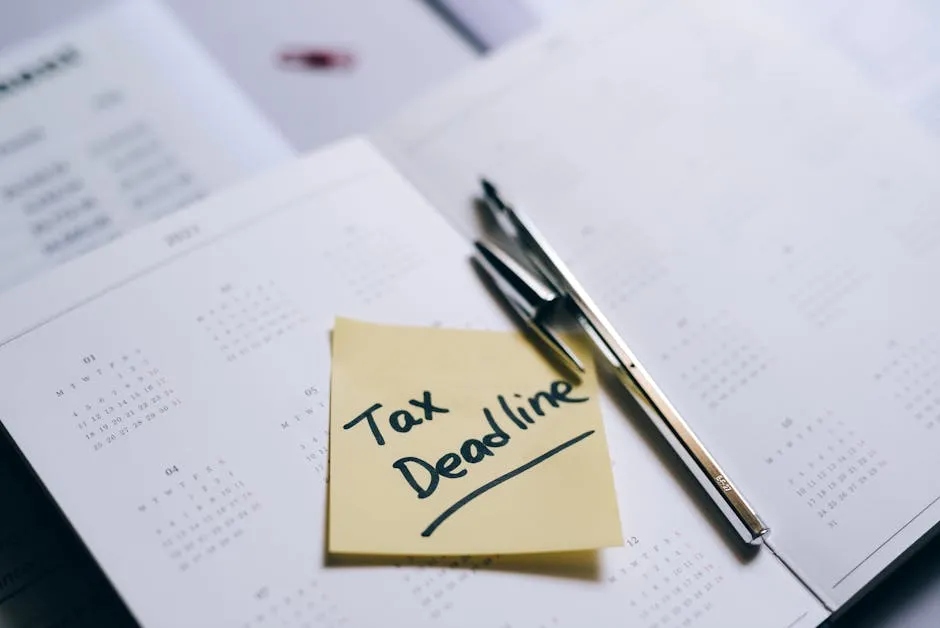







All images from Pexels




